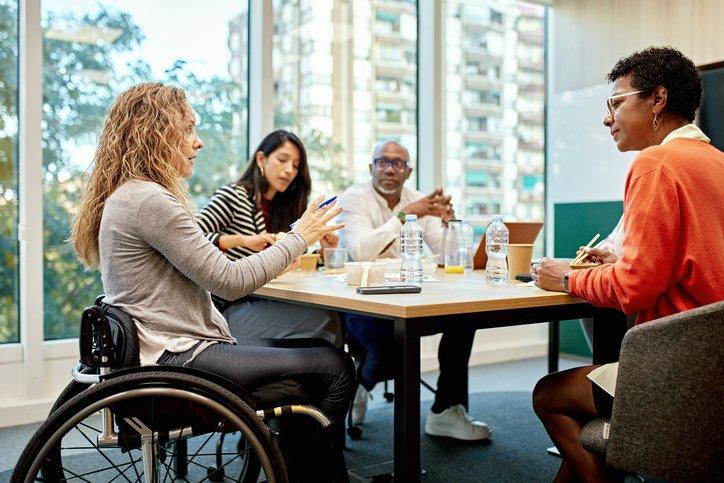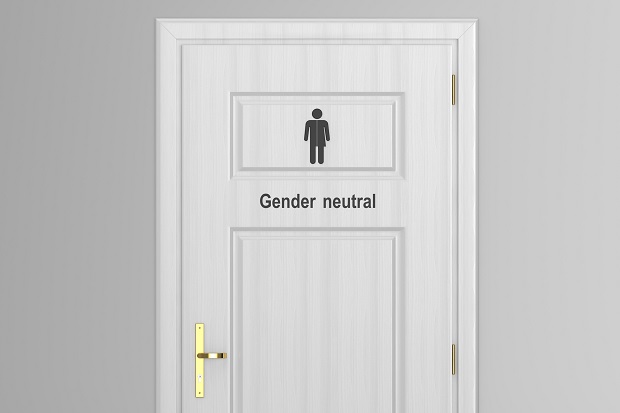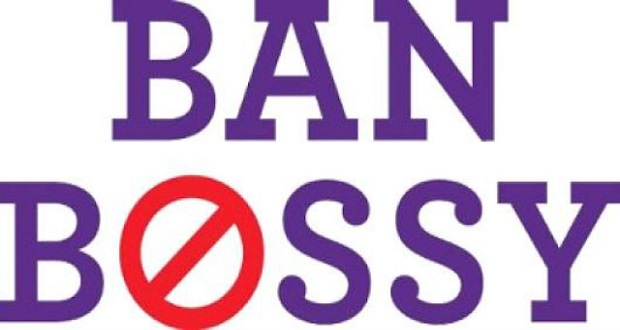
An interviewer once asked me how I would handle a colleague who was resistant to my new ideas because they went against a century of tradition. This set the standard for what I would come up against time and time again in my career. While my thoughts have changed about how I would answer that question today compared to when I was a naïve college graduate, I’ve gained a deeper understanding of human behavior since then. I’ve learned how to work with people to create change instead of against them. Recently, burnt cookies have helped me create an engagement framework to invite people into a DEI mindset which allows us to connect more deeply and make greater progress.
Imagine every year for your birthday, a beloved grandparent bakes you a batch of cookies to celebrate. You look forward to these cookies as it’s the only time you ever get to eat something so special and delicious. Over the years, the recipe is passed down until one day you are making these cookies for your own kid. But, one day, your child tells you there’s something wrong with these cookies. They’re no good. The other kids at school have cookies that are soft and chewy and don’t have crispy black bottoms that leave charred bits stuck between your teeth. Your child asks you why you always burn the cookies.
“Because that’s the way it’s always been done.”
You followed the recipe exactly and the cookies turned out the way you always remembered them to be. You’ve made them perfectly. Some people will ask why you keep burning the cookies, why you haven’t changed the recipe to get a different, less scratch-the-roof-of-your-mouth result. They might think that you are being stubborn and resistant to change and that you just like your cookies this way. But it may also be the case where you don’t know any better. This is the only cookie you’ve ever eaten in your life.
In corporate speak, we call this, “you don’t know what you don’t know.”
Lack of diversity and exposure to different ways means that people don’t have a point of reference for comparison. I’ve been told my whole life that my standards are too high, but from where I stand, other people’s standards aren’t high enough.
As an executive coach who works in organizations where it’s not uncommon to see multiple generations of family members who all work their whole careers with the same company, I meet a lot of people who keep trying to make cookies using the same recipe that’s been passed on year after year. Many of these people will also tell me how bad things have gotten over the years. They can’t hit their metrics, productivity is down, and morale can be summed up using internet memes.
I’m in the business of helping companies get different results. They bring me in, as an outsider, because they’ve tried everything they know. Now they need someone with a different perspective and a different set of skills. Sometimes, my job is just to show people what’s possible.
Living in a world of sameness means that you are at risk of things being normalized that are not normal. Marginalized people know this all too well — they grow up normalizing being afraid of walking alone at night, of being pulled over by the cops, or of having the wrong hairstyle. By the time they reach adulthood, they’ve normalized living under constant stress and pressure, and they’ve learned to thrive despite it. This is why so many DEIJ practitioners put themselves on the front lines of doing this work — because overcoming a life full of obstacles is normal.
In corporate spaces, it might be normal to not have your opinions heard by senior leaders. It might be normal to miss family milestones because of a work emergency. It might be normal for someone to crack jokes at your expense. Unless someone brings an outside perspective to show people that something different is possible, then these harmful ways will continue to be passed along and normalized for another generation.
Most of my career has been defined by me joining dysfunctional teams and turning them into high-performing, and more importantly, highly satisfied teams of people. I improve or create processes. I define expectations. I don’t ignore all of the things that make people dread coming to work. It turns out that most people just need someone to speak up first, and some people need permission to try something different.
The truly incredible thing about doing diversity, equity, inclusion, and justice work is that it benefits everybody. Even in the most homogeneous workplaces, there’s always something that can be done to improve people’s lives enough to get them curious about what else they can do. This curiosity is what opens the door for greater change.
In a world full of people who keep baking burnt cookies, be someone who asks what else is possible.


















